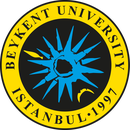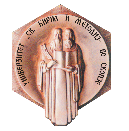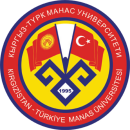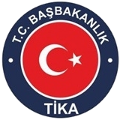
International Conference on Eurasian Economies
1-3 July 2014 – Skopje, MACEDONIA
Paper detail
Paper ID : 906
Status : Paper published
Language : Turkish
Topic : Finance and Financial Crises
Presenter: Assoc. Prof. Dr. Taner Akçacı
Session : 6B Uluslararası Ekonomi I
The Paradoxical Effect of International Funds in Turkey: Dutch Disease
Türkiye’de Uluslararası Fonların Paradoksal Etkisi: Hollanda Hastalığı
- Assoc. Prof. Dr. Taner Akçacı (Kilis 7 Aralık University, Türkiye)
- Mrs. Aydan Karaata (Kilis 7 Aralık University, Türkiye)
Abstract
International funds flow freely across the countries both quantitatively and legally as a result of financial liberalization carried out by globalization process and huge amount of money flows into the countries in liberal system. Particularly for developing countries, these fund flows refer as hot money are mentioned frequently with respect of positive and negative signs. High export performance of the Netherlands as a result of discovering large natural gas reserve leads to increase rapidly its own currency. In 1959 when economic indicators getting worse, the reason of crisis appears as decreasing export in consequence of over-valued currency leads to decrease the industrial production. This paradoxical situation is named as “Dutch Disease” in economics literature. The purpose of this study is examining the effect of hot money inflow on the manufacturing sector of Turkey and testing Dutch disease for Turkish economy. In this paper, the monthly data 2006:01-2013:12 from Central Bank of the Republic of Turkey is used. Test results of causality tests that Toda-Yamamoto method (1995) and Hacker-Hatemi-J (2006) bootstrap method approve that there is no causality between portfolio investment and manufacturing industrial production index and also export. The results confirm that portfolio investments do not lead to Dutch disease for Turkey.
JEL codes: E22, F32, F41
Akçacı, Taner, Karaata, Aydan (2014). "The Paradoxical Effect of International Funds in Turkey: Dutch Disease" in Proceedings of International Conference of Eurasian Economies 2014, pp.385-394, Skopje, MACEDONIA.
DOI: https://doi.org/10.36880/C05.00906
Session 6B: Uluslararası Ekonomi I




